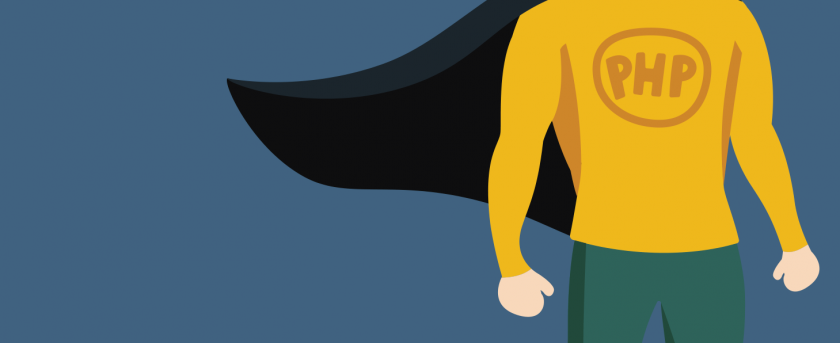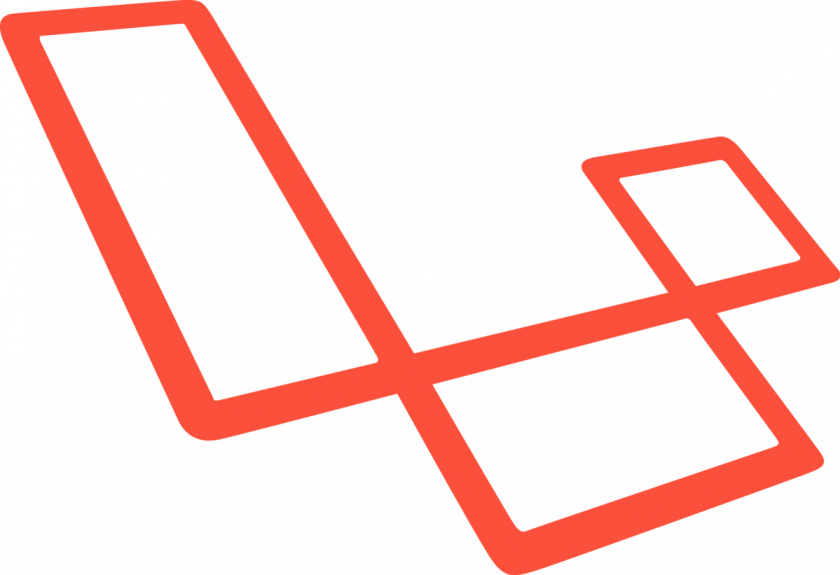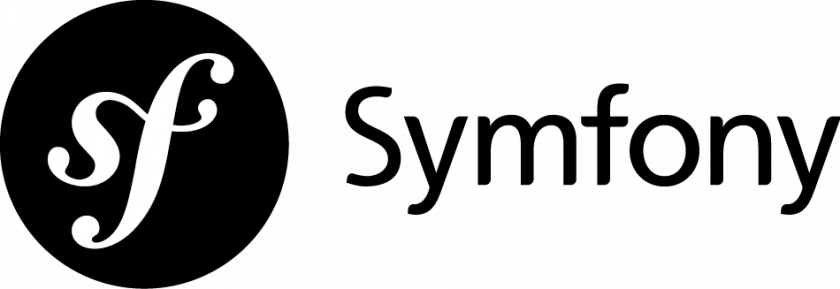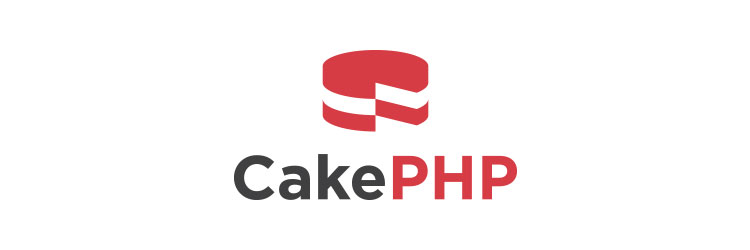CakePHP is another older framework, developed way back in 2005 when Ruby on Rails ruled the web. But don’t let the age fool you – it’s kept up with the times.
Today, CakePHP focuses on providing powerful RAD tools, using an object-oriented, MVC framework and a lightweight design that includes robust scaffolding features.
Let’s take a deeper look at these feature sets.
- Code Generation/Scaffolding Features – All PHP frameworks focus on rapid application development in some capacity, but CakePHP includes advanced code generation and scaffolding features that can dramatically accelerate the pace of custom web development.
- Built-In PHP MVC Frameworks – With frameworks like security, data validation, caching, authentication, and more built into CakePHP’s MVC frameworks, development is quick and easy.
- Free and Open Source – CakePHP falls under the MIT license, making it free and open source, even for commercial development projects.
- Automatic Configuration – Unlike some other frameworks, CakePHP requires little fussing or preconfiguration from developers. Most settings and features are autodetected and preconfigured – just adjust the database settings, and you’re ready to start developing!
- Scalability for Any Project – CakePHP has an active community, robust documentation, and professional support. This makes it a great choice for projects that require high scalability because there are plenty of resources that can help your project scale horizontally and vertically.
Overall, CakePHP is a very good framework and a great place to start for users who need a free, flexible framework for RAD.
However, its feature set is still lacking in comparison to Laravel’s. So though it’s a good choice for smaller projects, we still prefer Laravel for larger, enterprise-wide web solutions.
For us, Laravel is the best technology available
That doesn’t mean there are no alternatives.
Laravel is the most popular PHP framework for a reason. It’s scalable and easy-to-use, requires few resources, and has a powerful command-line interface, as well as a variety of purpose-built plugins that make PHP development a breeze.
And while the competition is stiff from the likes of CakePHP, CodeIgniter, Symfony, Yii, and Zend, Laravel is still our favorite PHP framework for 2017. The truth is, though, that whatever you go with, you should be fine – as long as you choose the correct framework for your specific project.
Want to learn more about Laravel and the benefits of developing with this PHP framework? Get in touch with us.







